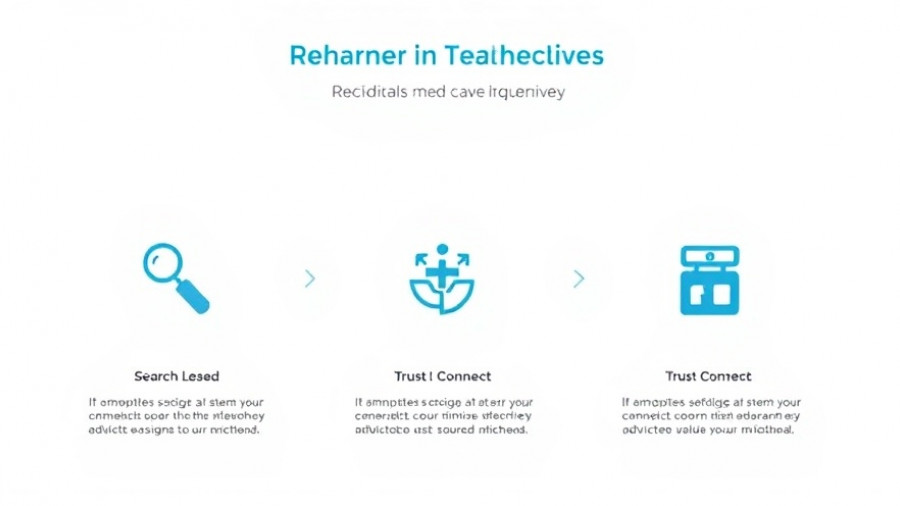
Breaking Out of Our Comfort Zones
In the fast-paced world of entrepreneurship, it's all too easy to get stuck in a bubble of our own making. A bubble where we’re familiar only with the challenges faced by our peers and direct competitors. However, to grow and thrive, we must expand our horizons and look outside this bubble. This realization struck me during my recent research on the staffing solutions industry—a sector I believed I understood well. I was surprised to discover a company operating at a staggering $25 billion in annual revenue, far beyond the $30 million threshold I had considered significant.
Understanding the Bubble
What exactly is the bubble that so many entrepreneurs find themselves in? It often consists of the immediate competitors we engage with regularly and the ecosystems we consider essential for our operations. For many, this involves a narrow focus on specific keywords, ads, and marketing strategies that other firms are executing. While it’s crucial to keep tabs on your competitors, it is equally essential to question—what else is happening beyond this circle? Who are the larger players? What strategies are they implementing? The insights gathered from such exploration can spur innovation and inspire fresh ideas for your business.
The Importance of Industry Research
The importance of conducting thorough industry research cannot be overstated. By broadening our perspective, we can uncover unique opportunities. For instance, understanding the modalities that large organizations adopt can reveal potential collaboration avenues or highlight service gaps in the market. This knowledge can empower us to adjust our positioning or expand our service offerings accordingly. The bubble of familiarity might feel safe but can also breed complacency. Seeking knowledge from sources outside our usual scope allows us to innovate and adapt.
Charting New Territories: A Lesson from the Giants
When I recognized that major players in the staffing solutions sector were raking in billions, I was forced to reevaluate my strategies. Observing their outreach, delivery mechanisms, and overall operations highlighted how small changes could have significant impacts on my own business. For example, rather than simply providing remote assistants to cater to individual entrepreneurs, there’s an opportunity to innovate by addressing the needs of larger workforce solutions, targeting not just one but many departments within a corporation.
Strategic Repositioning: Beyond the Bubble
Repositioning your offer, especially when targeting larger clients, requires more than just a surface-level change. You must immerse yourself into the challenges that larger organizations face. What HR problems are common among these vast entities? How can your services be tailored to directly address these pain points? By shifting our focus outward, entrepreneurs can develop personalized offerings that address specific client needs, presenting our services as indispensable.
Learning from Diverse Sectors
Insights gleaned from sectors beyond our own can be invaluable. For example, businesses far removed from staffing solutions celebrate diversity in talent acquisition strategies or innovative workplace environments. This mirrors the modern workforce's evolving needs, where flexibility and dynamism are becoming essential traits. Incorporating such learnings can enhance our offerings and market presence significantly.
Fostering a Culture of Curiosity
To turn our bubbles into portals for growth, we must cultivate a culture of curiosity within our organizations. Encourage your team to explore unfamiliar markets, attend webinars related to adjacent industries, or engage in networking with professionals outside your direct field. This culture fosters innovative thinking and evolves your offerings to meet a broader spectrum of client needs, ultimately enhancing your market competitiveness.
Conclusion: Creating New Paradigms
Entrepreneurs must recognize their bubbles and be proactive in shattering them for exponential growth. By incorporating insights from across industries and understanding the intricacies of larger players in the market, we create new paradigms. Embrace this journey of exploration with courage; the vast landscape that lies beyond your bubble is filled with rich opportunities waiting to be tapped.
 Add Row
Add Row  Add
Add 




Write A Comment